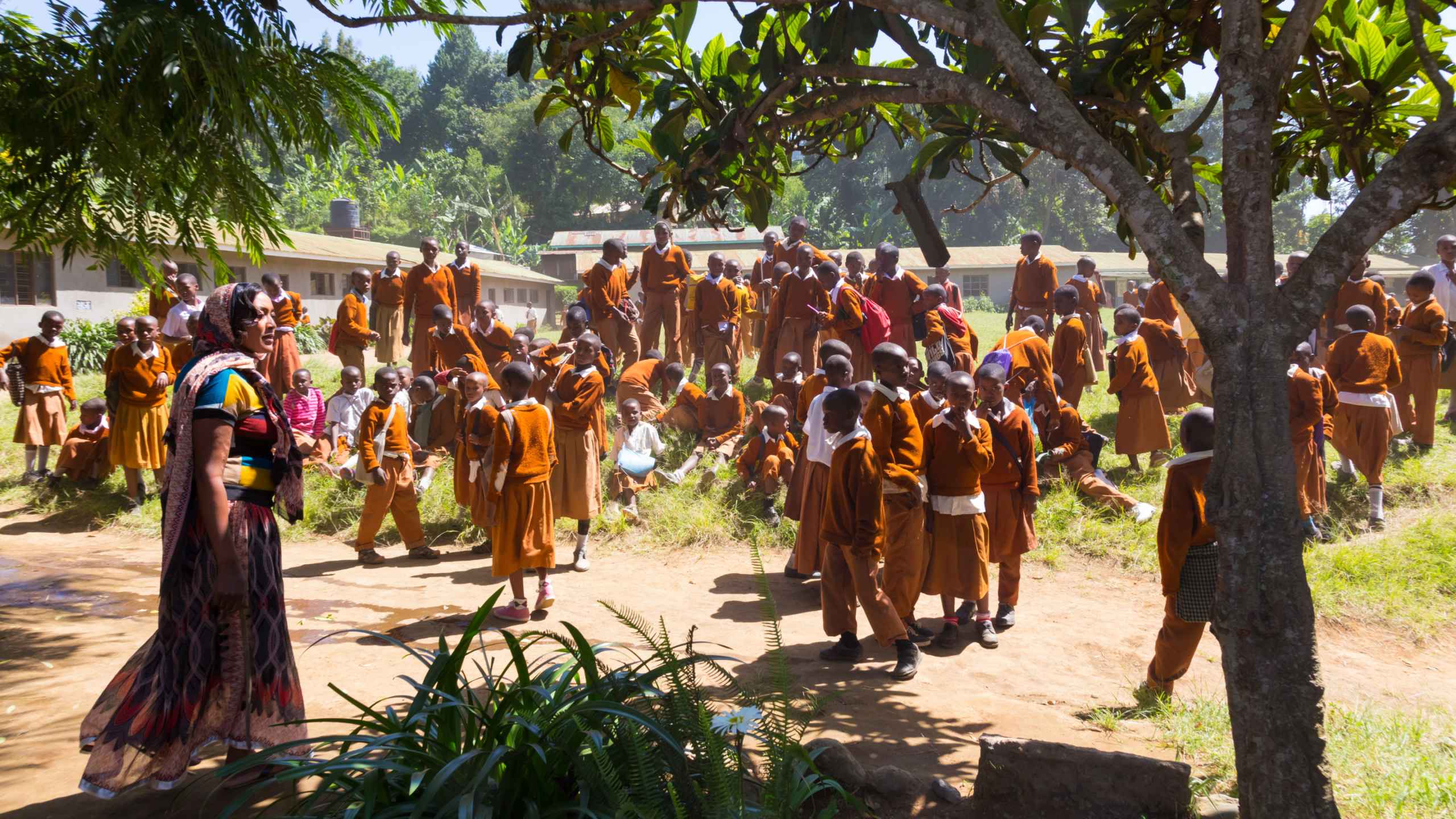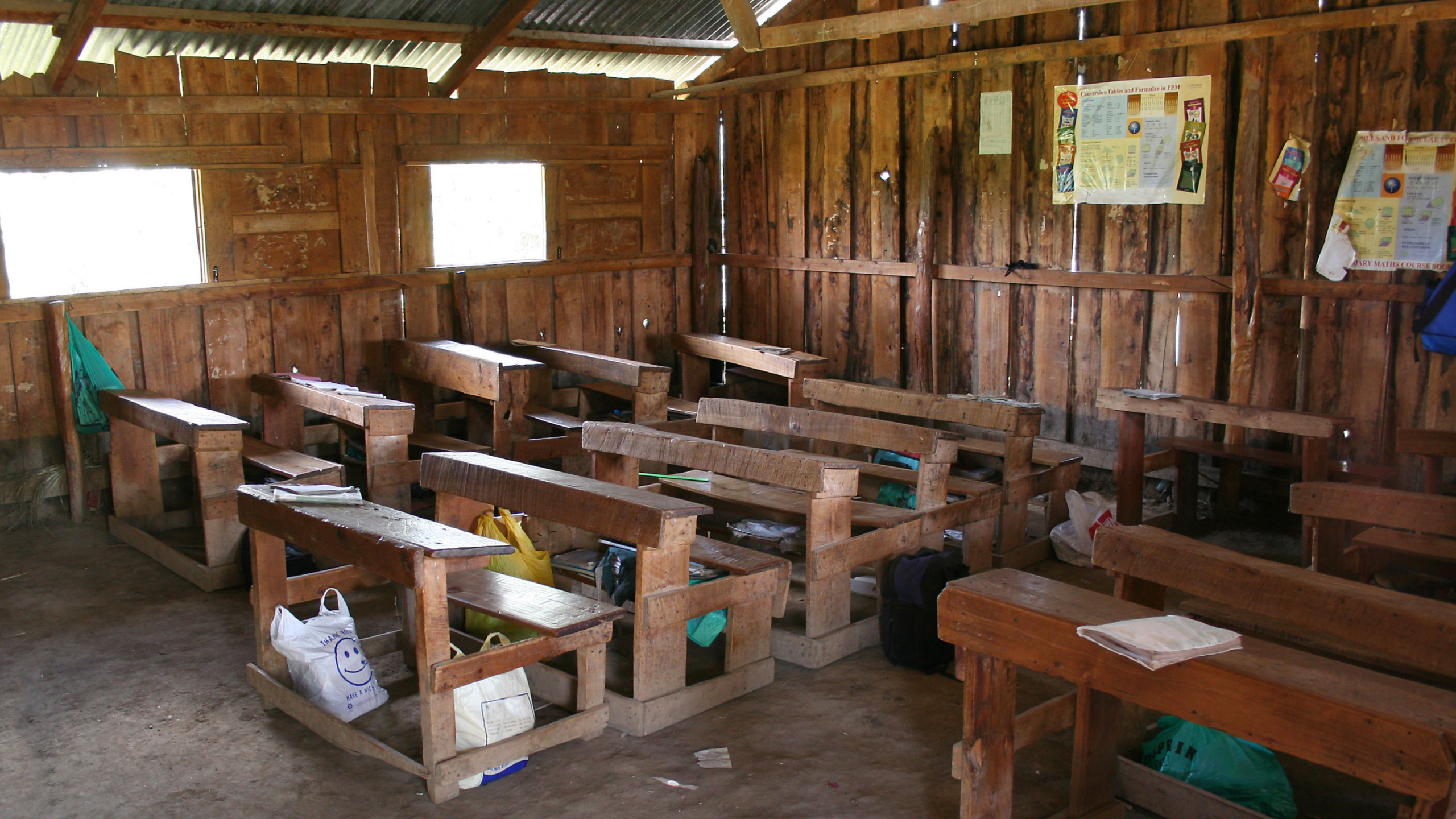The STEPS (STEM Teacher/student Education for Primary Schools) initiative has introduced groundbreaking methods for teaching Math and Science in primary schools across Benin, Cameroon, and the Democratic Republic of the Congo. This blog post delves into the unique approaches developed by STEPS, highlighting inquiry-based learning in Science and situational-based Mathematics, both of which have significantly improved educational outcomes in these countries.

Inquiry-Based Strategies for Learning Science
One of the core strategies implemented by STEPS is inquiry-based learning in Science. This approach emphasizes active learning, promoting scientific literacy through exploration, investigation, and questioning. Unlike traditional didactic teaching methods, inquiry-based learning engages students by making them active participants in their learning process.
Key Features:
- Active Engagement: Students are encouraged to ask questions, conduct experiments, and explore scientific concepts hands-on. This method fosters curiosity and a deeper understanding of scientific principles.
- Real-World Context: Lessons are designed to be relevant to students’ lives, incorporating local examples and phenomena. This helps students see the practical applications of what they are learning.
- Collaborative Learning: Inquiry-based science often involves group work, where students collaborate to solve problems and conduct experiments, promoting teamwork and communication skills.
Implementation and Impact: The STEPS project conducted over 50 Teacher Professional Development (TPD) sessions in Science across the three countries, focusing on introducing strategies that would open up inquiry in their classrooms, replacing the traditional teacher-led instruction common in most of these classrooms. Teachers reported high satisfaction with these sessions, noting significant improvements in their ability to teach science, increased student interest in Science classes, increased participation, and increased learning. Students became vested in their own learning, thus bridging the gap between theoretical knowledge and practical application.

Conclusion
The innovative teaching strategies developed through the STEPS project have profoundly impacted primary education in Benin, Cameroon, and the Democratic Republic of the Congo. The project has fostered a more engaging and effective learning environment by emphasizing inquiry-based learning in Science. These approaches improve student outcomes and equip teachers with the tools they need to deliver high-quality education.
